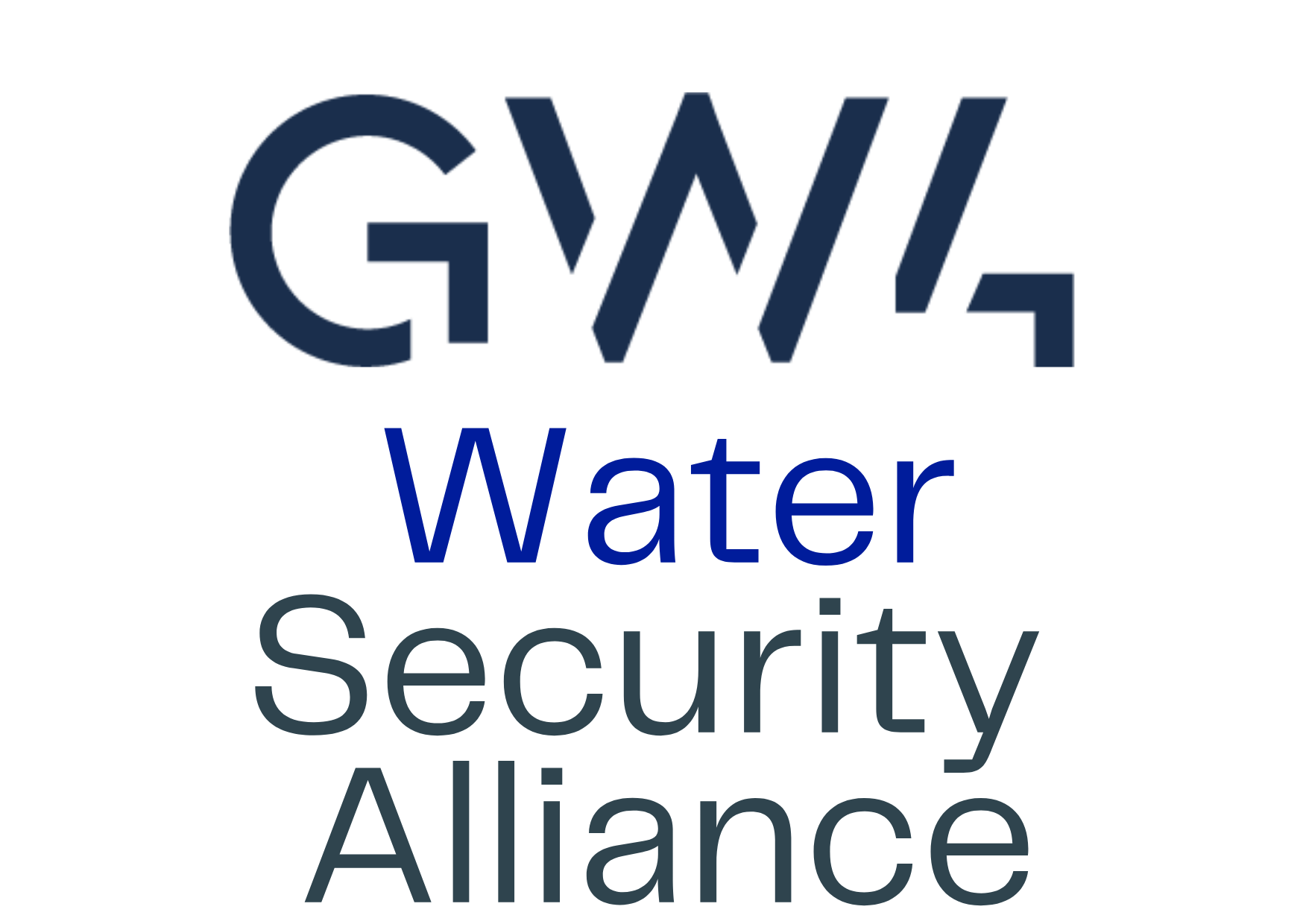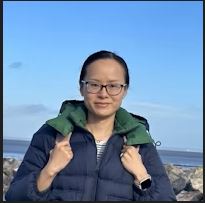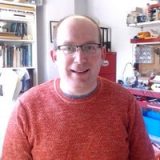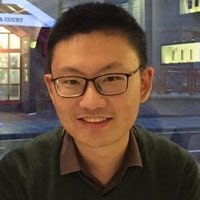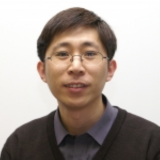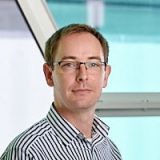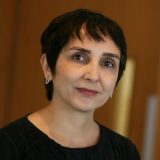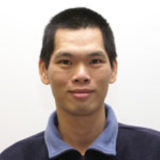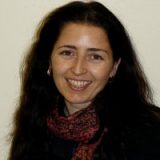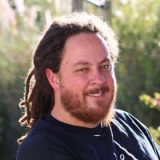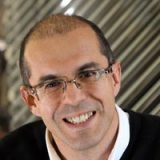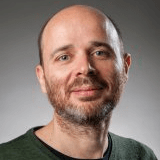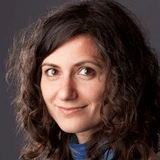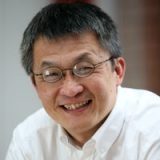Lu’s research focuses on simulating and assessing extreme hydrometeorological events like floods and heat waves, particularly in relation to climate change. Lu employs satellite remote sensing, environmental modelling, and machine learning to analyse urban and watershed contexts.
Michael prior-jones
Mike is an electronic engineer with research interests relating to the development of new instruments for field data collection particularly in glaciology.
FEng Mao
Feng’s research interests lie in the intersection of water, ecosystems, society and technologies, focusing on three main themes: (i) hydro-socio-ecological systems under change, (ii) resilience and environmental hazard, and (iii) innovative data technologies for the environment and development. He also works on low-cost sensor networks and participatory monitoring in a sustainable development context.
Guangtao Fu
Guangtao’s research is focused on developing and applying new computer models, data analytics and artificial intelligence tools to tackle urban water challenges in water supply resilience, network leakage, flood risk, urban stormwater and wastewater management.
Cedric Berger
Cedric’s research covers the understanding of the epidemiology of diarrheal disease in UK and in countries with low income as well as exploration the relationships between enteric pathogens and the environment.
More information on Cedric’s institutional profile.
.
Raziyeh Farmani
Raziyeh specialises in urban water systems modelling, water resources management and asset management and has expertise in multi-objective optimisation of water networks. Her research interests covers evolutionary optimisation, artificial intelligence and data mining.
Albert Chen
Albert’s research focuses on water and human environment systems. Particular focus is on: hydraulic modelling, urban drainage, flood forecasting, innovation technology applications, water-food-energy-ecosystems nexus, climate change impact on critical infrastructure, prediction of water-borne disease, hazard impact and cascading effects assessment, and mitigation and resilience strategies.
Michaela Bray
Michaela specialises in numerical weather modelling; real-time flood forecasting (raingauge network analysis, real-time updating) as well as remote sensing and Geographic Information System; climate change hydroinformatic technologies.
Pablo Orozco-terwengel
Pablo’s research covers population genetics; genomics; bioinformatics; statistics; landscape genetics; phylogenetics; conservation; agriculture; aquaculture; and wildlife.
Yacine Rezgui
Yacine specialises in modelling, data analytics, informatics (semantics), knowledge management; catchment and urban water management; resilience of the built environment to natural disasters; smart cities.
Pedro Estrela
Pedro’s research focuses on the development of label-free electrical biosensors and chemical sensors for a wide range of applications such as medical diagnostics and environmental monitoring. His research interests include label-free electrical detection of biomolecular interactions, biologically sensitive field-effect devices, detection of DNA, proteins, bacteria, cells, ions and small molecules, electrochemical impedance spectroscopy of biological systems, use of solid state devices in aqueous environments, surface biofunctionalization, electronic addressing of microarrays, nanobiosensors and microfluidics.
Mirella Di Lorenzo
Mirella’s expertise lies at the interface of bioelectrochemistry, microengineering, microfluidics, sensing technology and material science. Her work addresses development challenges such as the water-energy-food security and global health, by developing eco-friendly and sustainable solutions affordable to all. Her research focuses particularly on the development of innovative biological fuel cell (BFC) designs for either energy harvesting, water quality monitoring or healthcare applications and on low-cost designs that can lead to devices affordable everywhere in the world. As such, she explores the uses of recyclable, biodegradable and low-cost materials.
Andrew Weightman
Andrew’s research includes work on microbiomes, microbes and informatics.
Alan Kwan
Alan’s research focuses on sustainable informatics and in particular, telemetry, control systems, optimisation, predictive simulation, networks, web-based real-time decision support systems.
